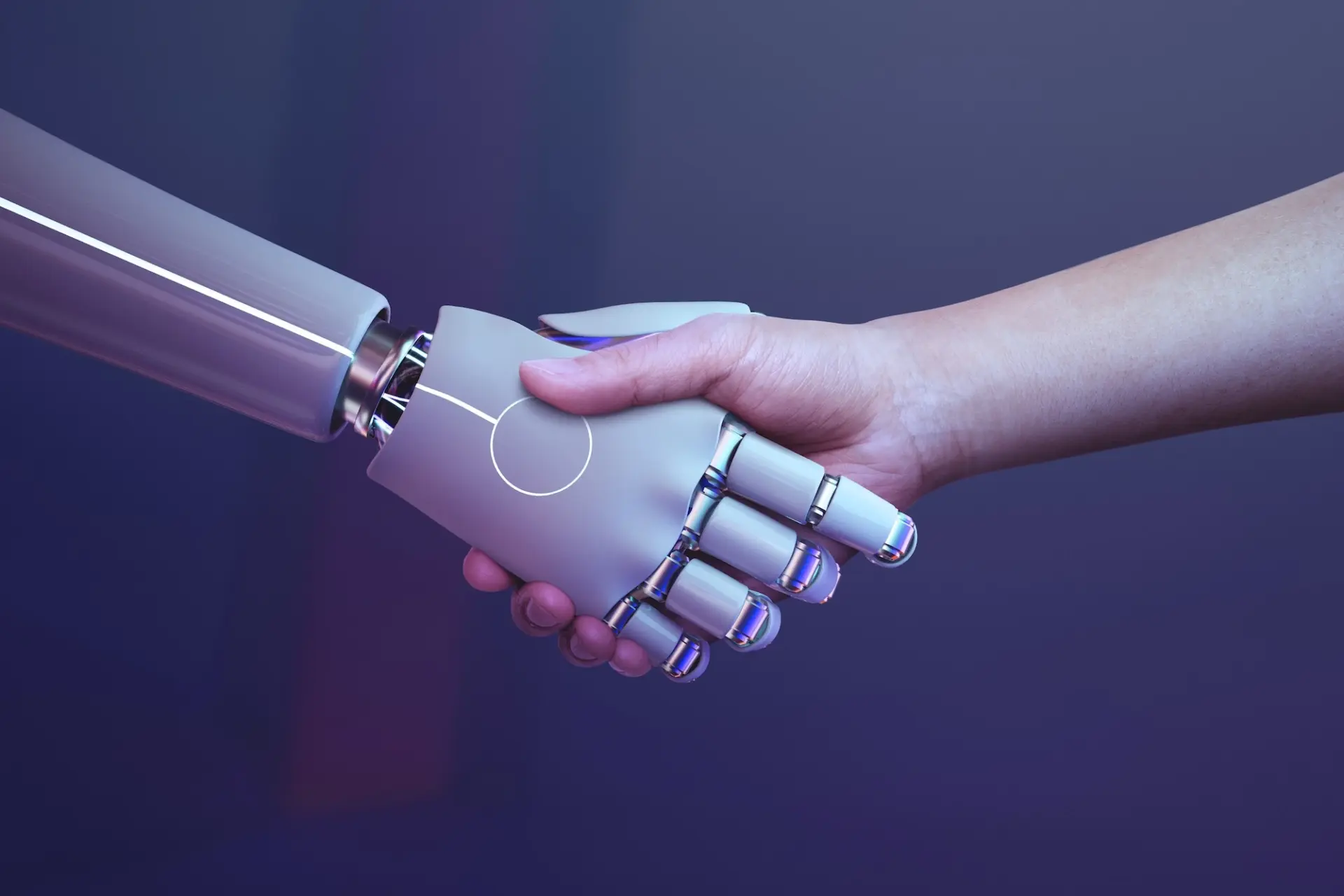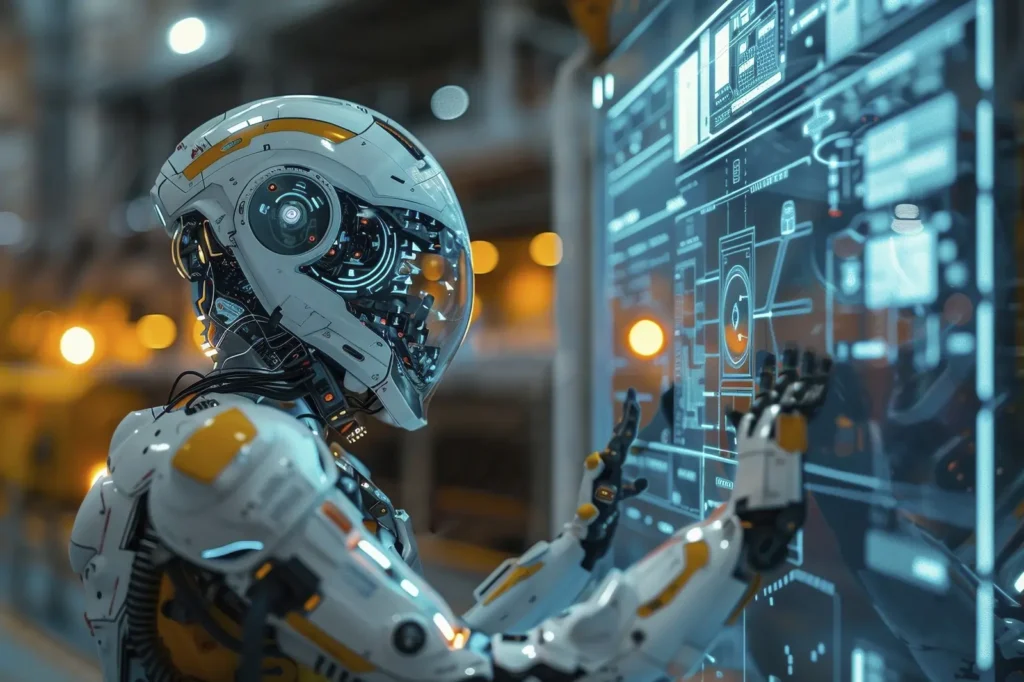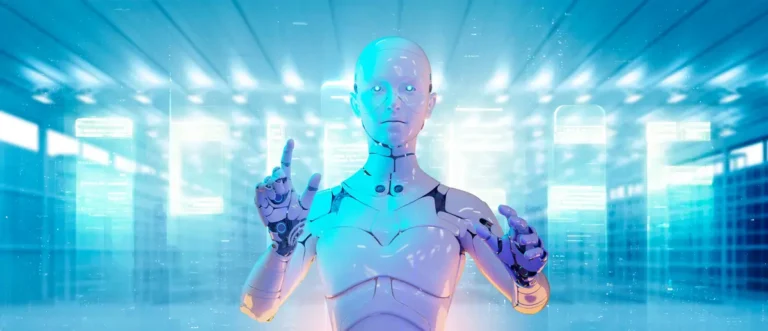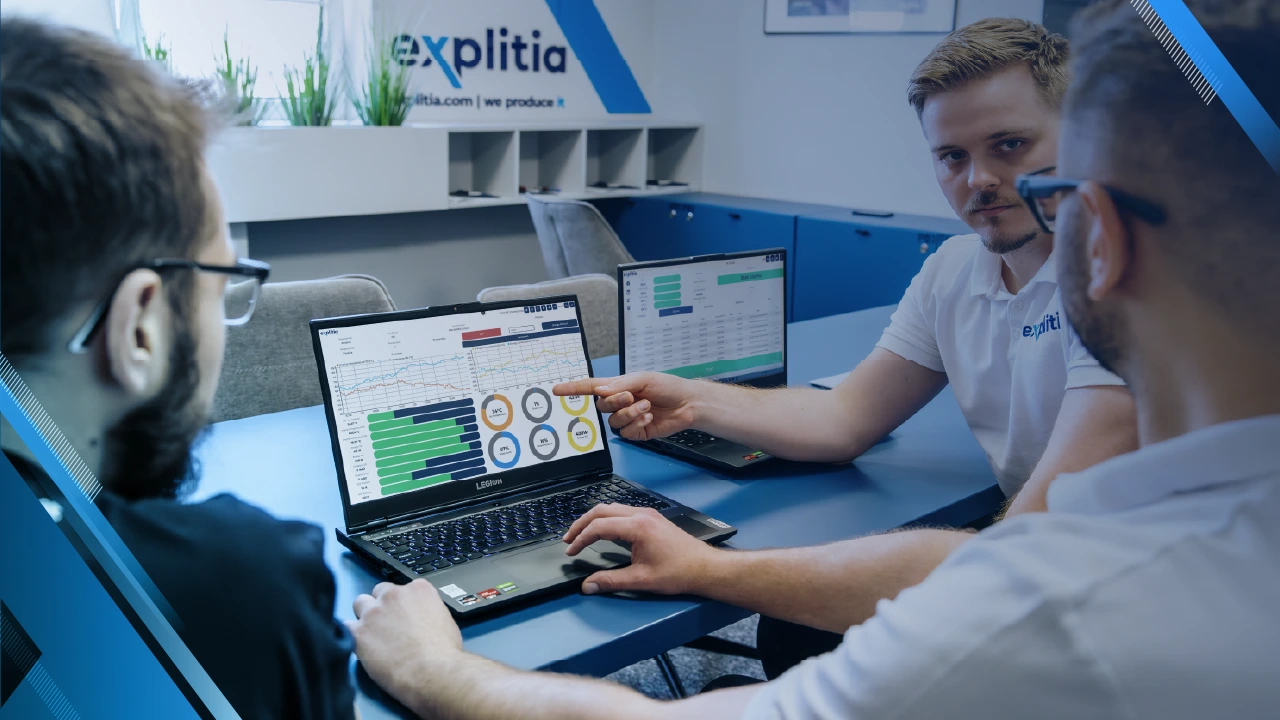Digital transformation in 21st-century manufacturing is no longer just about production automation. Industrial digitization now means intelligent management, the ability to predict, analyze, and recommend actions on a scale far beyond human capability.
This is where Artificial Intelligence (AI) steps in.
AI-driven tools have moved beyond the realm of science fiction and have become essential assistants in real-world operations.
Let’s explore how AI is reshaping production, what benefits it offers to industrial companies, and why delaying its implementation is no longer an option.
Industry 4.0 and AI
The Fourth Industrial Revolution has compelled companies to undergo profound changes. Digital transformation is no longer a choice — it’s a necessity, especially for manufacturers aiming to remain competitive.
Industry 4.0 represents a new management paradigm, moving far beyond deploying isolated technologies. It involves a holistic approach to system integration, real-time data analysis, and flexible resource management using technologies such as the Internet of Things (IoT), big data, and blockchain.
Among these technologies driving digital transformation, Artificial Intelligence stands out as a true game-changer.
As highlighted in a recent study published in the Journal of Intelligent Manufacturing, AI not only supports process automation but fundamentally redefines the decision-making process in manufacturing environments.
How AI supports manufacturing
Artificial Intelligence and Machine Learning are transforming industry at multiple levels, offering solutions that seemed like fiction just a decade ago. In manufacturing plants, AI enables:
• Energy Management – AI identifies major loss points and suggests cost-reduction actions.
• Production Process Optimization – AI algorithms analyze massive amounts of data (big data) to detect bottlenecks and inefficiencies, suggesting optimal operating parameters.
• Predictive Maintenance – AI learns failure patterns and provides early warnings before breakdowns occur.
• Automated Quality Control – Vision systems powered by AI detect defects with accuracy surpassing human capabilities. For instance, BMW implemented such solutions, achieving nearly 100% accuracy in detecting paint defects.
• Schedule Optimization – AI systems analyze machine, operator, and material availability to update production schedules in real time.
Digital twins and the role of data
AI performs best when fed with high-quality data. Modern factories collect this data via IoT sensors, MES and EMS systems, and digital twins — virtual models of physical production processes.
Thanks to AI, a digital twin not only mirrors reality but also simulates and predicts it — for example, forecasting how changes in parameters will affect product quality or energy consumption.
Integrating AI with Business Process Management
Implementing even the most advanced AI technologies alone does not guarantee success. The key lies in integrating them with existing business processes through professional Business Process Management (BPM).
Process models serve as a bridge between technology and the operational reality of the enterprise. They allow:
• designing target („to-be”) processes incorporating AI-based solutions;
• defining clear KPIs to assess the effectiveness of AI deployment;
• creating a transformation roadmap with a phased approach;
• managing risks associated with implementing new technologies.

AI in production management
At explitia, we support manufacturers in preparing for the successful implementation of AI-driven systems.
Ready to harness the power of AI in your production environment?
Challenges in implementing AI in manufacturing
Implementing AI-based solutions is not without obstacles. Based on explitia’s experience, companies most often face the following barriers:
Data quality and availability
AI is only as good as the data it is fed. Many manufacturers struggle with fragmented, incomplete, low-quality data. The solution lies in deploying IoT systems for real-time data collection and platforms that integrate data from multiple sources.
Team competence
Successfully leveraging AI requires specialized knowledge at the intersection of data science and production engineering. Companies must invest in upskilling their teams or collaborate with external experts.
Resistance to change
AI deployment often raises employee concerns about potential job loss. Proper change management is crucial — including transparent communication, training programs, and involving employees from the early stages of projects.
Best Practices for AI implementation
Digital transformation through AI should not be left to chance. Based on our project experience, we recommend following five simple rules when implementing AI-based solutions:
- Start with small pilot projects – Quickly demonstrate AI’s added value while minimizing risk.
- Opt for hybrid solutions – Combine expert knowledge with AI capabilities.
- Invest in data infrastructure – Build a solid foundation for AI development.
- Foster a data-driven culture – Encourage decision-making based on thorough analysis rather than intuition.
- Engage operators in the implementation process – Their domain knowledge is critical to AI’s success.
What does your plant gain thanks to AI?
By following these guidelines, your facility can achieve:
• increased production efficiency;
• lower operational and energy costs;
• improved product quality;
• fewer downtimes and losses;
• faster decision-making;
• a stronger competitive advantage.

Measuring ROI from AI investments
Assessing the return on investment (ROI) in AI solutions requires carefully selected indicators. In addition to standard metrics like OEE (Overall Equipment Effectiveness) and MTTR (Mean Time to Repair), consider:
• percentage reduction in unplanned downtime;
• accuracy of failure predictions;
• savings from optimized energy and material usage;
• improvement in final product quality.
According to research published in the „Technovation Journal”, companies that successfully implement AI solutions achieve an average of 15–20% increase in operational efficiency within the first two years.
The future of AI in industry
AI technologies will continue to play an increasingly critical role in industrial digital transformation. Particularly promising development areas include:
• Generative AI – Assisting in product design and process optimization.
• Autonomous production systems – Capable of self-improvement and adaptation.
• Industrial digital twins – Enabling advanced simulations and scenario testing.
While some companies still postpone AI implementation, reality is not slowing down.
Market leaders are investing in technologies that deliver advantages today, not tomorrow.
AI in manufacturing is no longer optional – it’s a necessity.
If you want your production facility to stay ahead, become more predictable, resilient, and flexible – now is the time to act.


